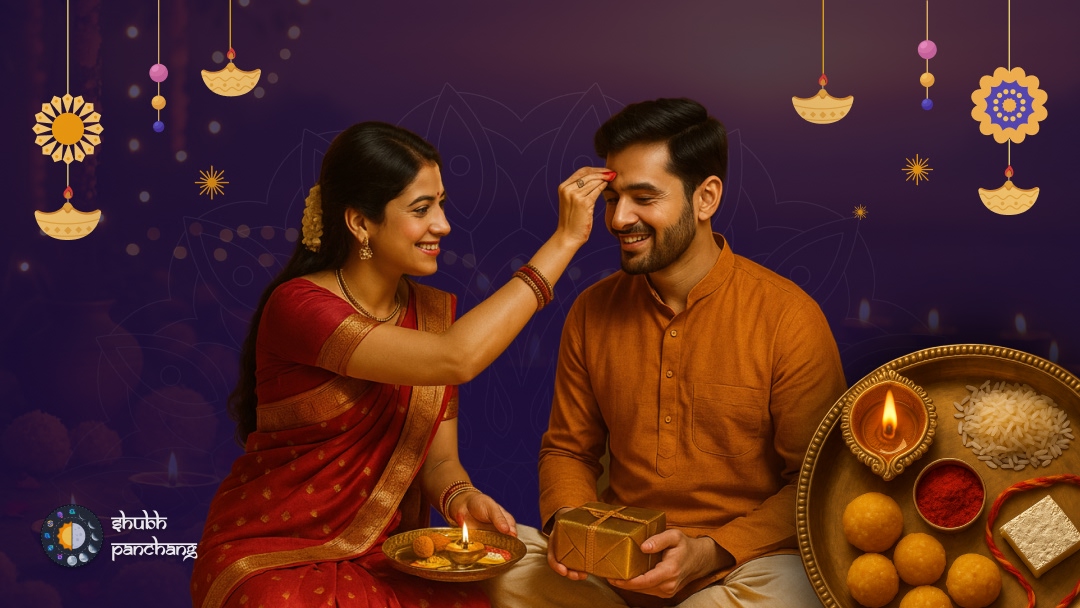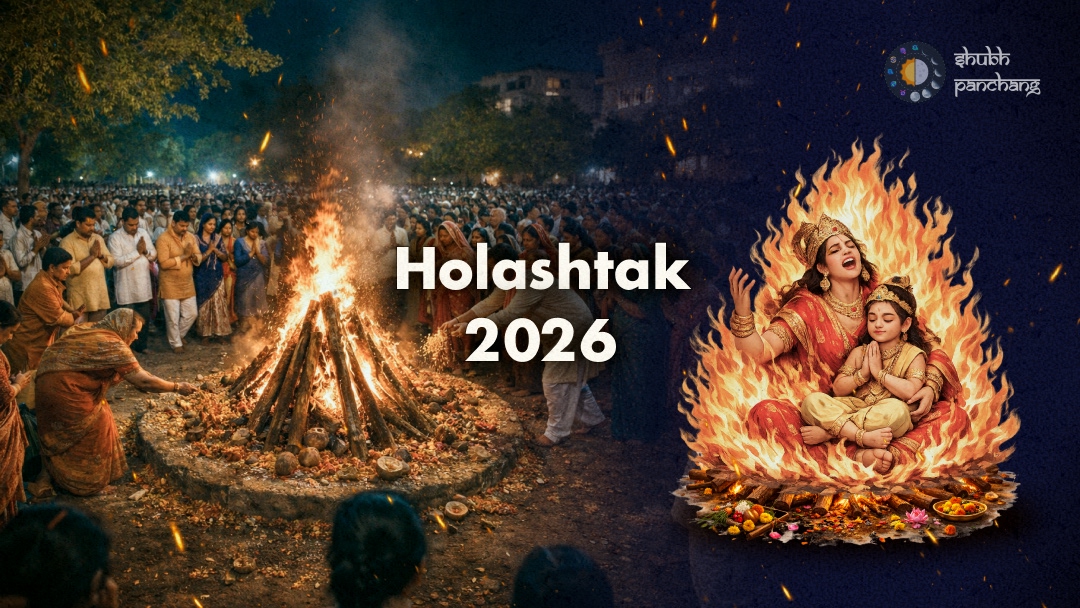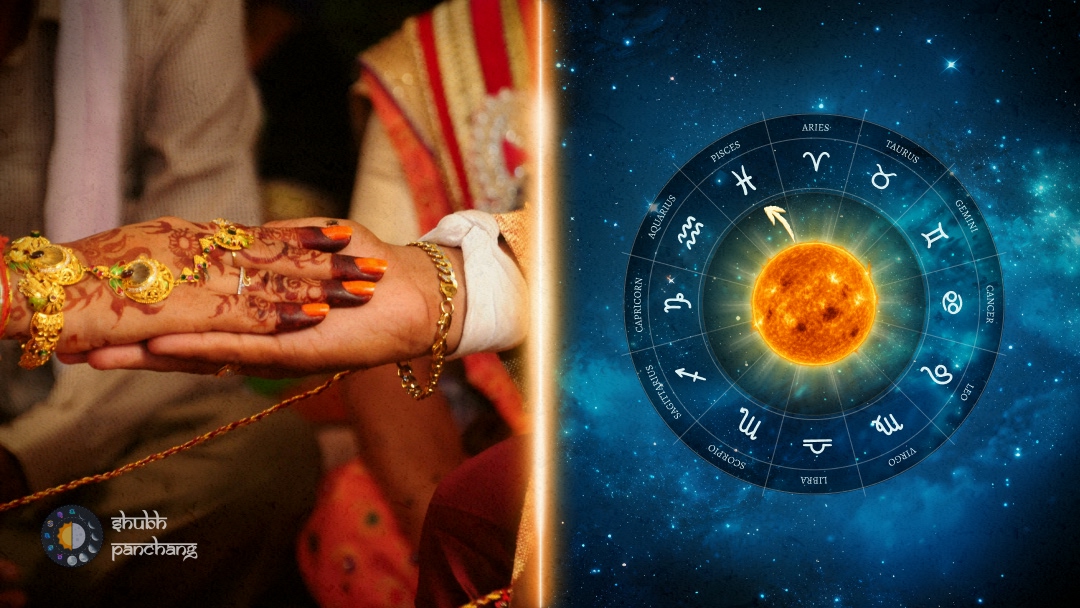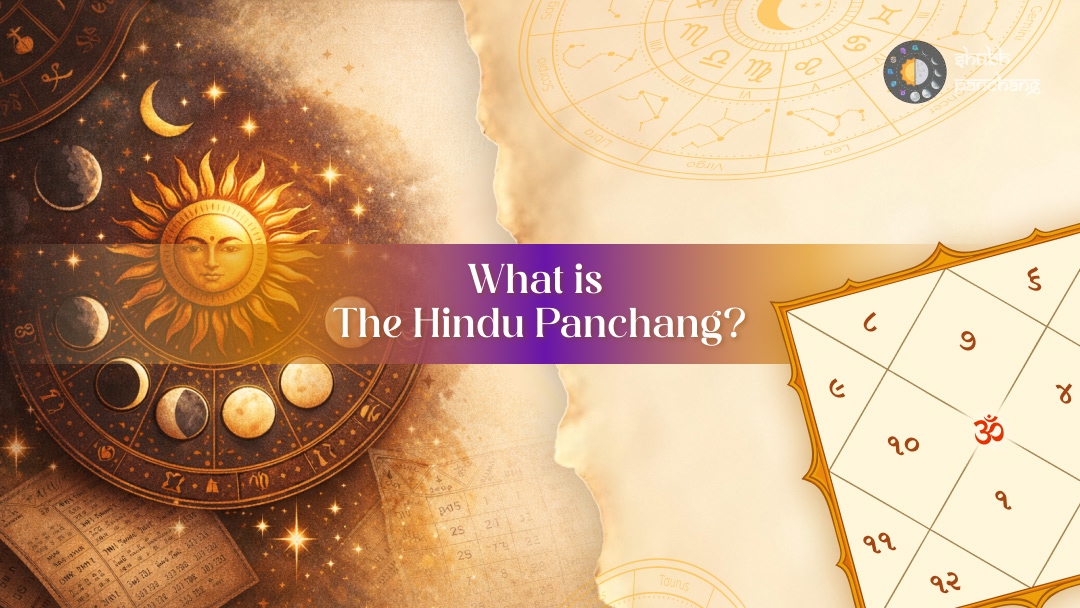
A Festival Woven with Love and Tradition
Bhai Dooj, or Bhaiya Dooj as we call it in Uttar Pradesh and Bihar, isn't just the tail end of Diwali – it's a vibrant celebration of the beautiful, often complex, bond between brothers and sisters. I've always found it a heartwarming way to conclude the festivities, focusing on family ties and the enduring promise of support. It falls on the second day of the bright fortnight of Kartik, a time when the air is still filled with the joy and warmth of Diwali, but there's a quieter, more personal feel to it. Think of it as a gentle reminder of the relationships that anchor us.
The Rituals: A Tapestry of Affection
The essence of Bhai Dooj lies in the rituals performed by sisters for their brothers. And what truly sets this day apart is the palpable sense of love and protection that permeates every action. The ceremonial tilak, applied with care on the brother's forehead, isn’t just a mark; it’s a prayer for his well-being and longevity. I've seen sisters pour their hearts into this simple act, chanting mantras and visualizing a long, healthy life for their brothers. The aarti that follows is a dance of light and devotion, warding off negativity and showering blessings upon him. And of course, no Bhai Dooj celebration is complete without the exchange of gifts! It's a tangible expression of love and responsibility – the brother reciprocating his sister's affection with a token of his own.
Culinary Delights and Shared Moments
Ah, the food! Let’s be honest, a huge part of any Indian festival revolves around the delicious feasts we prepare. Bhai Dooj is no exception. Sharing a festive meal, exchanging sweets, and simply spending quality time together are integral to the celebration. It's a day to set aside our busy schedules and reconnect with our siblings, reminiscing about childhood memories and creating new ones. I remember one year, my brother and I spent the entire day looking through old photo albums, laughing at our awkward teenage phases and marveling at how far we'd come. It's these shared moments that truly make Bhai Dooj special.
Regional Flavors of Sibling Love
What's fascinating about Bhai Dooj is how it transforms across different regions of India. In Bengal, it's known as Bhai Phonta, celebrated with elaborate rituals and a grand feast. The sisters fast until the rituals are complete, and the celebrations often involve extended family and friends. Then, in Maharashtra and Gujarat, it takes on the name Bhau Beej, with its own unique traditions of sibling bonding. It's amazing to witness how the core sentiment remains the same, while the expression of love and affection varies so beautifully.
More Than Just Rituals: The Deeper Meaning
But what if I told you that Bhai Dooj is about more than just rituals and traditions? It's a powerful reminder of the trust, affection, and emotional strength that family relationships provide. In our increasingly fast-paced world, it's easy to take these bonds for granted. Bhai Dooj encourages us to pause, reflect, and actively nurture our relationships with our siblings. It reinforces the values of love, protection, and unity, reminding us that we are not alone in this journey of life.
The Enduring Significance of Sibling Bonds
After years of observing and celebrating Bhai Dooj, I've come to realize its profound impact on families. It's a day that transcends generations, connecting us to our roots and reminding us of the importance of kinship. The rituals are beautiful, the feasts are delicious, but the true essence of Bhai Dooj lies in the heartfelt connection between brothers and sisters. It is a celebration of one of the most cherished human relationships – the sacred and, ideally, unbreakable bond between siblings. So, this Bhai Dooj, let's embrace the tradition, cherish the moments, and strengthen the bonds that make our families so special. Let's make it a day to remember, not just for ourselves, but for generations to come. Happy Bhai Dooj!







